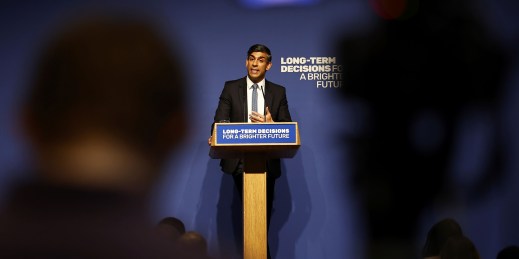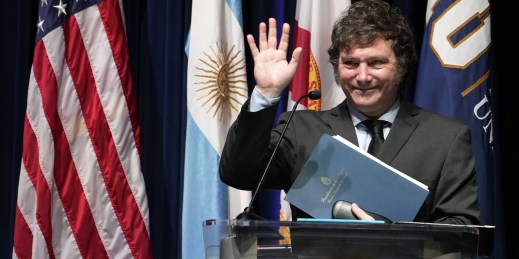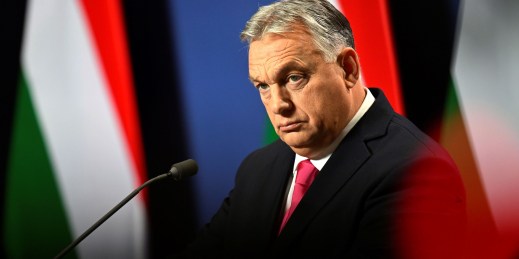
Last week’s local elections mark the firmest confirmation yet that the ruling Conservative Party is on track to be decimated in U.K. general elections later this year. Many observers blame the party’s decline on its failure to boost public services and economic growth. But it is also the product of deeper structural factors.





